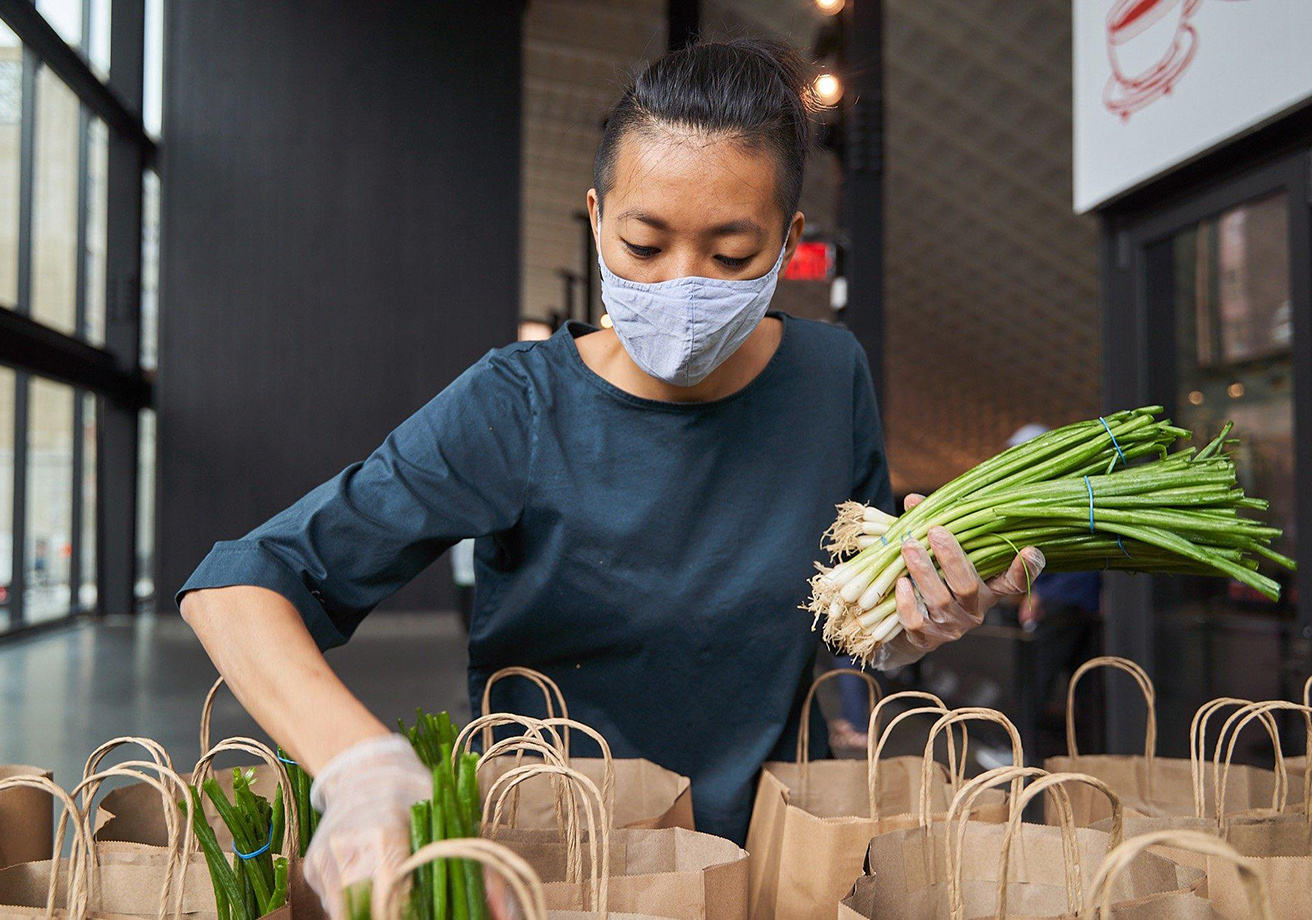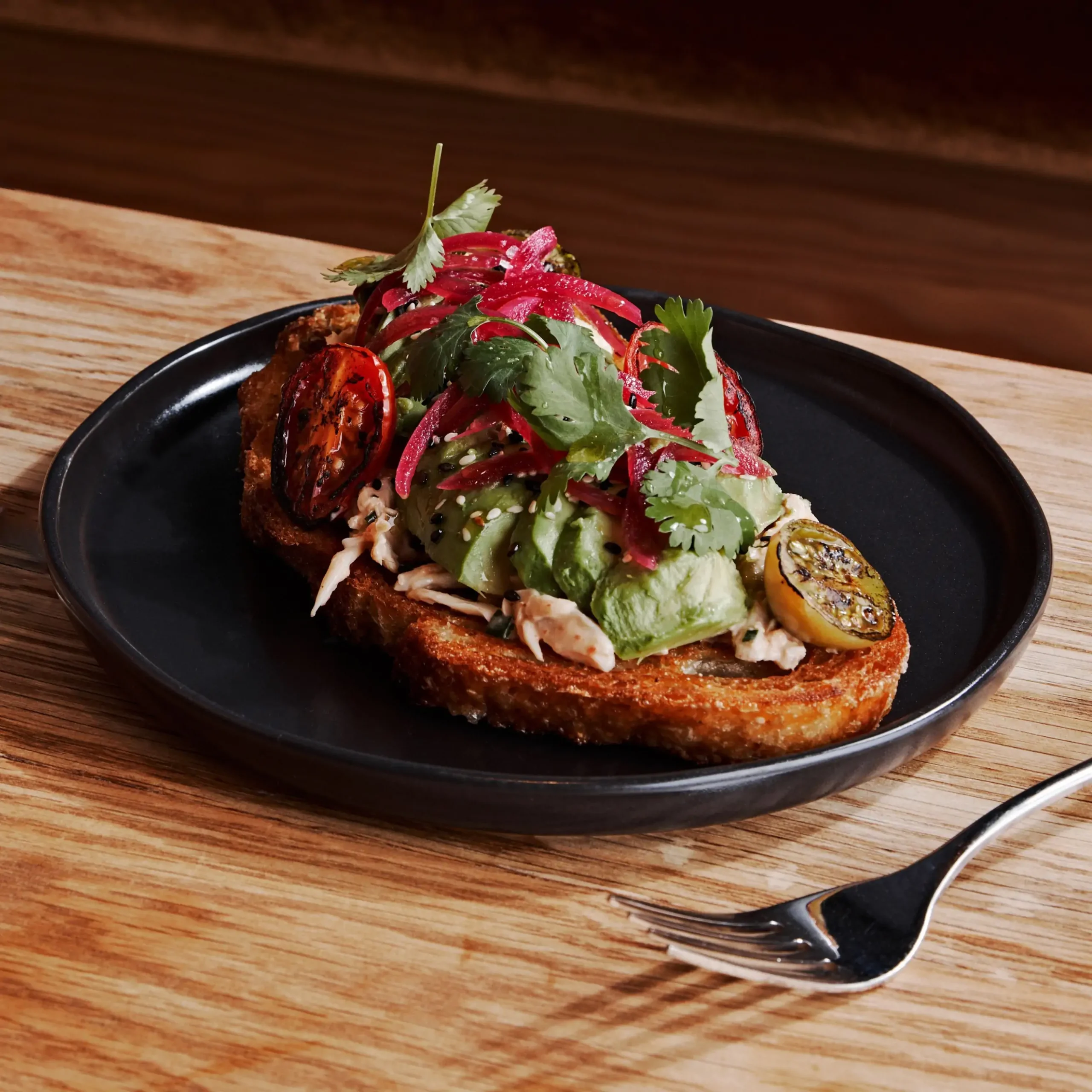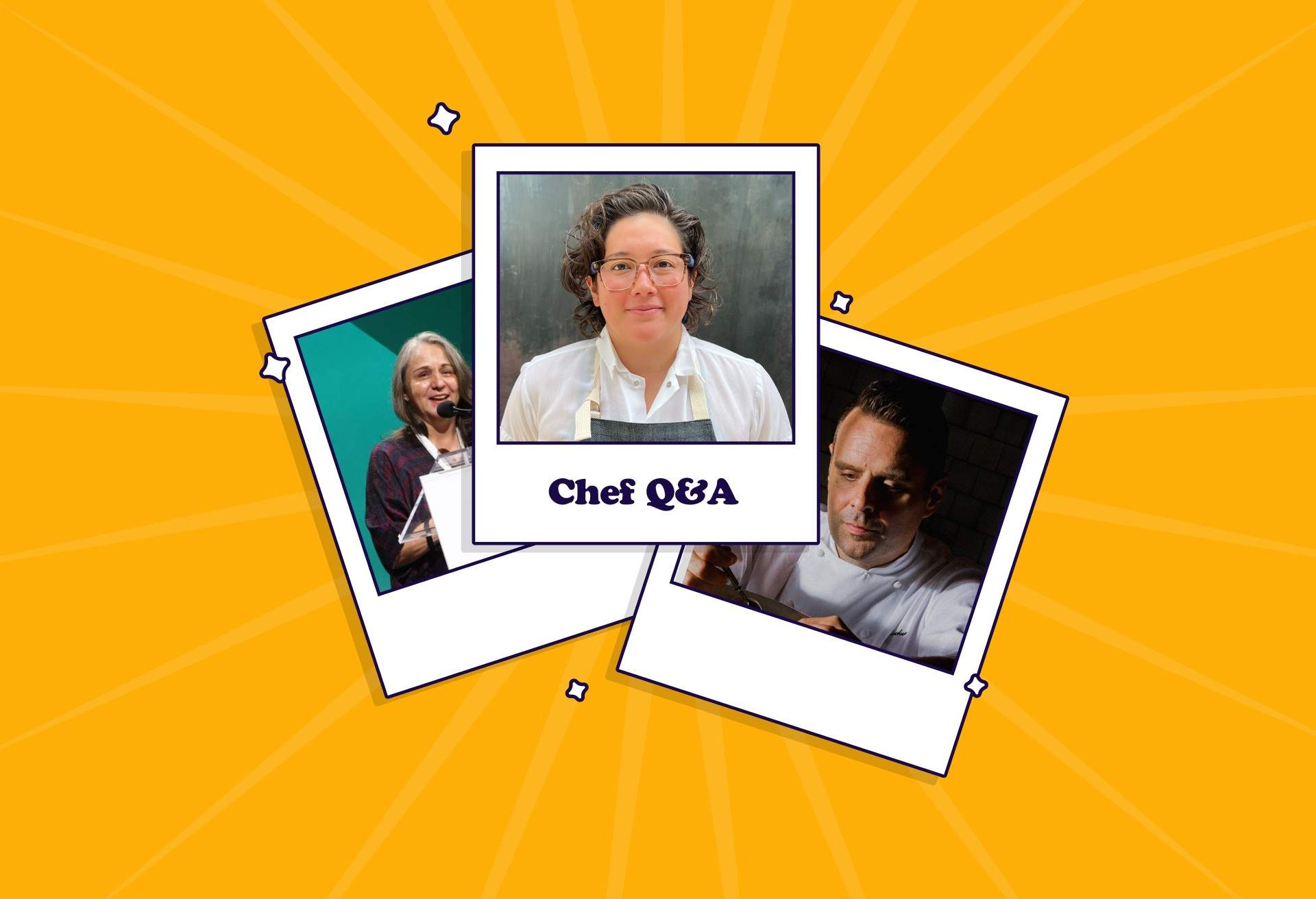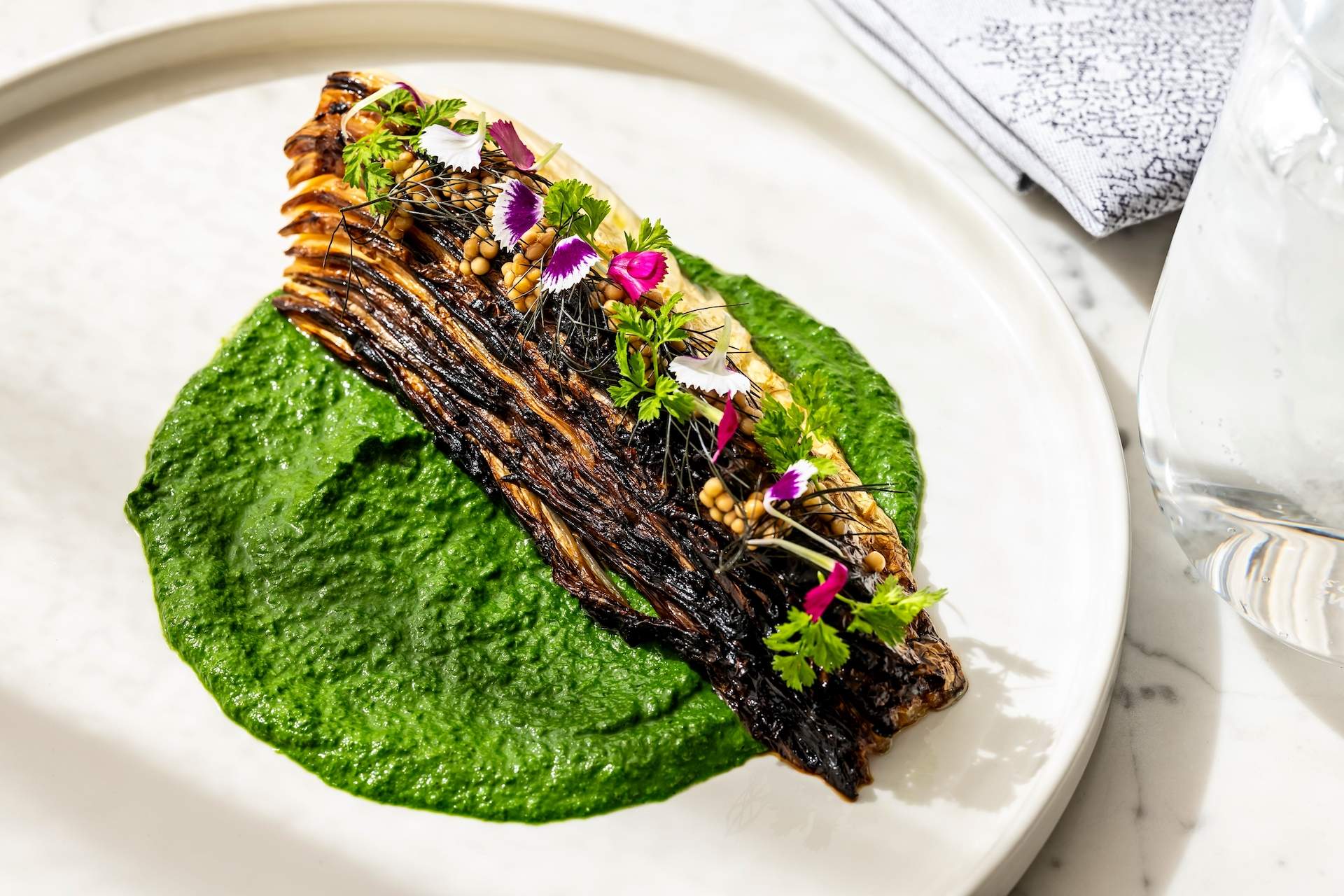José Andrés, Tom Colicchio, and Guy Fieri — they’re some of the biggest chef names, known for their impressive restaurants and winning TV personalities. But what many may not know is that they have also long assumed the role of activist chef with their pioneering work on solving hunger and improving the industry.
Andrés, of Jaleo and Zaytinya restaurants in Washington DC, founded hunger relief and economic justice nonprofit World Central Kitchen in response to 2010’s earthquake in Haiti and has since been using local restaurant kitchens to feed communities in need. Colicchio, best known for his starring role in Top Chef and as owner of Craft restaurant in New York City, is another longtime activist chef, co-founding important organizations such as Food Policy Action (working for better laws around food and farming) and the Independent Restaurant Coalition (working to save independent restaurants as we know them). And as for Food Network favorite Fieri, he’s well-known for his work feeding firefighters post-California wildfires and generous donations to other causes.
The role of activist for chefs and restaurateurs isn’t new — industry leaders have been working on issues such as climate change, hunger, and food waste for years. But that work has ramped up recently, with the restaurant industry in crisis due to pandemic-related restrictions. Whether they’re new to activism or pivoting existing projects to address issues from COVID-19, an increasing number of chefs and restaurateurs are now on a mission to help change the restaurant industry and their communities.
An onramp to activism
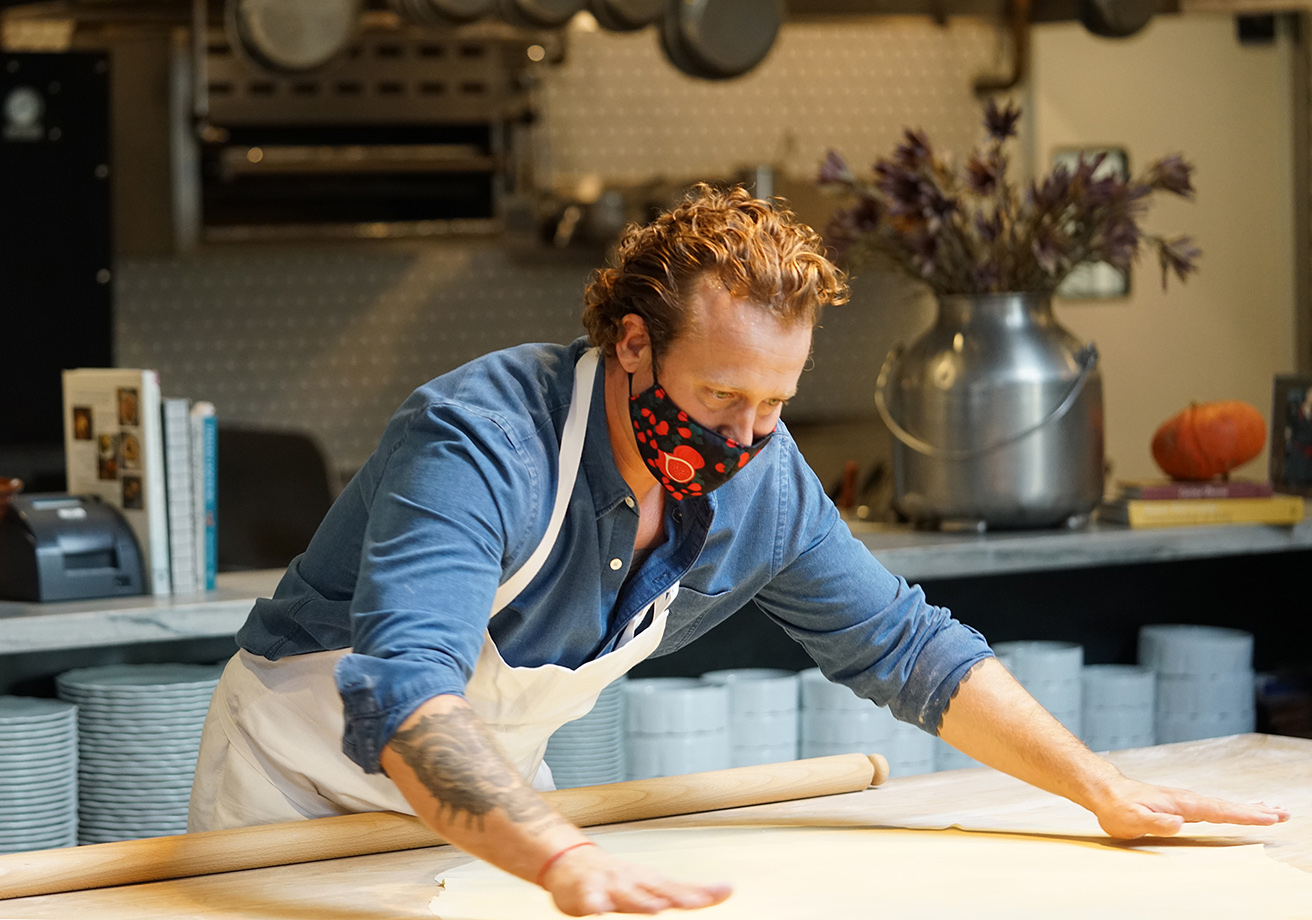
For chefs like Andrés and Colicchio, their current work is the continuation of their ongoing advocacy. But for many others, the existential threat of the global pandemic to the restaurant industry called them to activism for the first time.
“You take a bunch of self-starters, and now they have time on their hands, and there’s like this massive injustice,” says David Nayfeld of Che Fico in San Francisco. He says it was sheer frustration that drew him to the Independent Restaurant Coalition (IRC), where he now sits on the advisory committee.
Nayfeld believes that the interests of smaller, independent restaurants are fundamentally different from larger, more corporate restaurant chains. It became clear to him that small businesses like his did not have a voice in Congress. “At the beginning of the pandemic it was floating around that this group, the IRC, was being initiated and as soon as I saw it I wanted to be involved,” he says.
The central work of the IRC has been helping to draft and tirelessly advocate for the RESTAURANTS Act. (The full name of the bill is: Real Economic Support That Acknowledges Unique Restaurants Assistance Needed To Survive.) It seeks $120 billion in grant money for independent restaurants, and advocates hope it will be passed in the coming months.
Tyler Akin of Le Cavalier restaurant in Delaware also has a seat on the IRC’s advisory board. “I jumped into advocacy because I was massively depressed. I needed to distract myself from the fact that I felt like I’d lost limbs,” he says. Both Nayfeld and Akin have been energized by the work to provide a lifeline to the industry they love, and they stress that it’s not too late for other chefs and restaurants to get on board. (You can join the IRC by simply filling out a short form on the website.)
Interconnected issues
As pressing as the RESTAURANTS Act is, it certainly isn’t the only way chefs are committing to activism. Some are evolving existing organizations to expand their missions to meet the needs of the moment.
Back in 2017, together with Lindsey Ofcacek, Kentucky-based chef and author Edward Lee co-founded the LEE Initiative to help increase diversity in the restaurant industry. He’s no newcomer to activism, but the events of 2020 certainly expanded the scope of what the LEE Initiative was trying to accomplish. In response to last year’s mass layoff that left so many restaurant workers without a paycheck, The LEE Initiative focused its attention on making sure that this community had enough to eat during a time of hardship. Last year, the organization provided more than 140,000 thousand meals to out-of-work restaurant employees, and now it’s looking forward to the eventual reopening of restaurants, raising $1 million to buy food from sustainable farms to give away to restaurants.
Moonlynn Tsai, a first-generation Taiwanese-American and co-owner of Kopitiam restaurant in New York City, responded to the problems of the pandemic by reinventing the supper club she co-founded with Yin Chang, Heart of Dinner, to serve meals to homebound older adults in New York’s Chinatown area. It was a sorely needed area to address: Chinese restaurants and their owners faced additional hardships because diners wrongly associated Chinese people and food with the news of the new virus, which was first reported in China.
“We were reading heartbreaking things about what was happening to elderly people who were isolated and often didn’t speak English. We thought, ‘What if we could make culturally appropriate meals that focus on nutrition for them?’” she remembers.
At the height of the pandemic, Heart of Dinner partnered with ten restaurants and ten social service organizations to maximize the number of meals they could offer. Today, they provide 1,300 meals a week.
Cookbook author Grace Young has also been trying bolster this specific part of the restaurant industry with her #SaveChineseRestaurants social media campaign, which has been raising awareness around the issue and encouraging diners to order takeout from their favorite chinese restaurants.
The post-pandemic future
During the pandemic, Heart of Dinner became an official nonprofit with ongoing goals to address food insecurity. “Initially, we thought this would be a quick pop-up. But food insecurity was a big issue before the pandemic; it just increased awareness of it,” says Tsai. “We’re just going to keep doing what we’re doing.”
In the past, restaurant culture has not exactly lent itself to activism for many chefs and cooks. The work is draining. The hours are long. It can crowd out other things in life. (Akin describes it as a “vortex.”) When the pandemic passes, this will likely continue to be true. Nonetheless, like Tsai, both Akin and Nayfeld are committed to following the example of Colicchio, Andrés, Lee, Fieri, and others in continuing their advocacy work.

“It’s unleashed something inside me that I now feel compelled and responsible to do it,” says Nayfeld. In addition to his work with IRC, he has written extensively about issues in the restaurant world, contributing op-eds to The San Francisco Chronicle and Business Insider.
“The thing is, these issues predate the pandemic. The pandemic made it so you couldn’t ignore it, and suddenly people had time,” he says. He’s proud of the fact that 10 months ago there was no group to speak of representing smaller independent restaurants and now there’s been a bill written for them. “It’s almost unheard of,” says Nayfeld.
Nayfeld is looking ahead, thinking and writing about other big issues that need to be addressed through activism, both legislative and cultural. In terms of laws, he’d like to see the inequality between payment for front-of-house and back-of-house employees addressed. “We should eliminate the sub-minimum wage and simultaneously make tips 100 percent sharable for all hourly staff,” he advocates.
He also thinks that as a group, chefs and restaurateurs can help change prevailing norms around dining out. “As an industry, we need to recognize that food and restaurants need to be more expensive. In America, we spend less per capita on food as a percentage of income than any other country. That’s a cultural shift,” he says.
If activist chefs can change the industry to work better for owners, workers, and communities, it’s just one of many shifts that will reshape the restaurant world into a stronger, more vital, more resilient part of the economy and culture.

